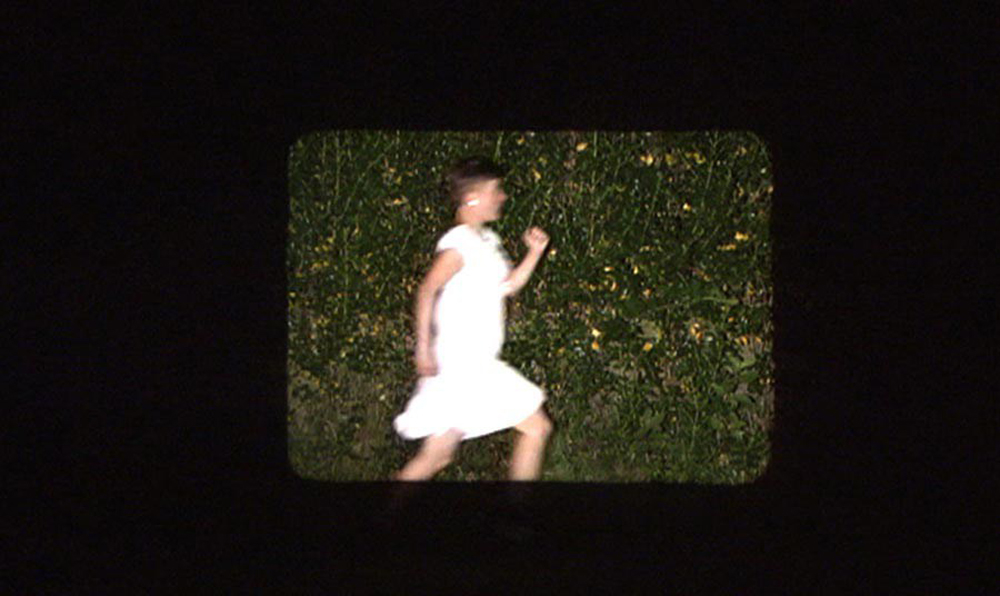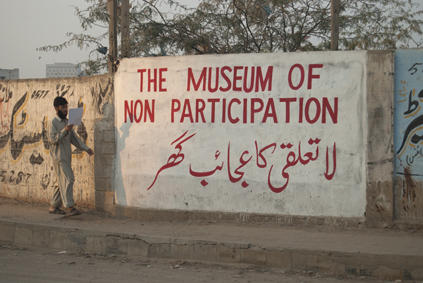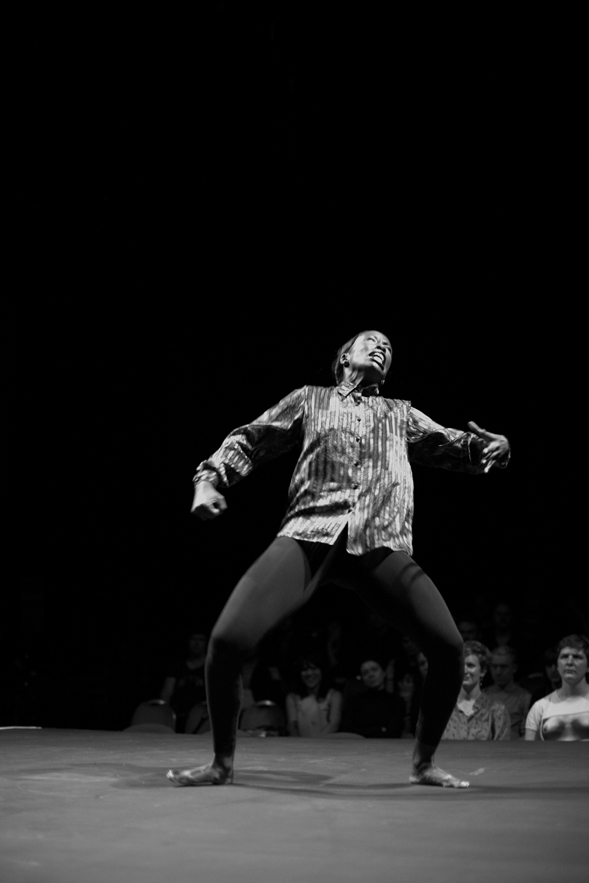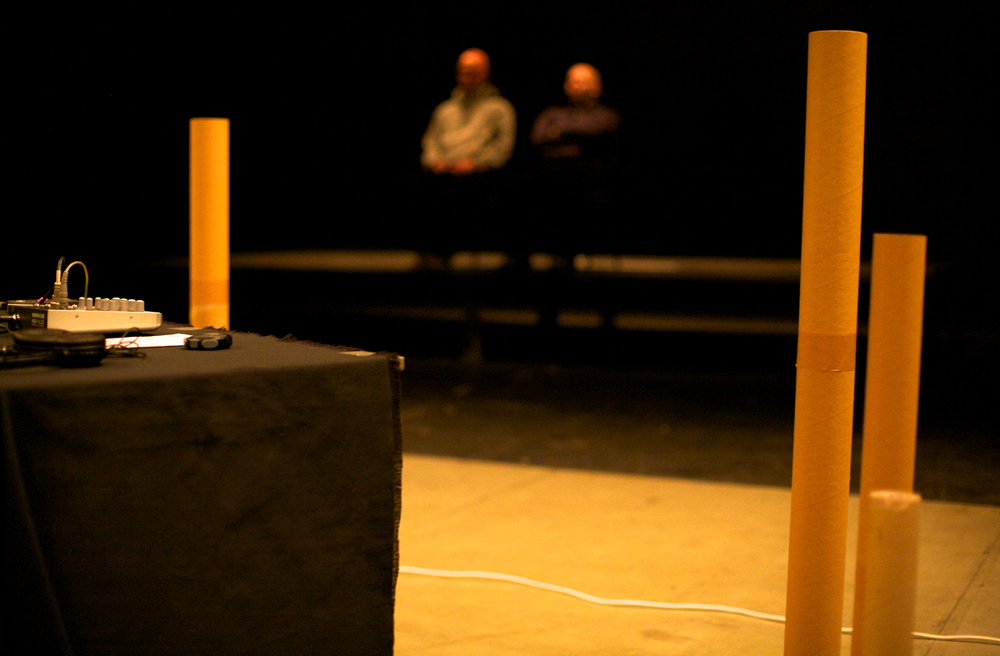
I wanna be with you everywhere Solstice Gathering 2024
Summer Solstice hang out IRL and URL on 21 June
Arika have been creating events since 2001. The Archive is space to share the documentation of our work, over 600 events from the past 20 years. Browse the archive by event, artists and collections, explore using theme pairs, or use the index for a comprehensive overview.

Summer Solstice hang out IRL and URL on 21 June

The queer archiving of traumatic cultural memory from one of the leading voices working with queer archives.

A dance party love letter to our community, expressing the joy of relation in the abstract and through actual physical proximity.

Setting up a minimal procedure to explore the interaction between a person and the (documentary) film/ video process. What initially seems simple ends up contrarily distanced and intimate, public and private.

The mutability of the body and the mobility of identity: queered pop culture, drag, lip-sync and performance.

How do people both inside and outside of prison work together to dismantle the criminal justice system and build a society based on collective care?

Paul Sharits one of the great experimental, sometimes called structuralist / materialist, filmmakers of the 20th Century.

Ken Jacobs chats to Edwin Carels: Edwin is a curator based in Ghent, responsible for some fantastic programmes of experimental film and art at the Rotterdam Film festival (amongst others).

A festival asking how ideas of nihilism, darkness, subjectivity and abjection play out in experimental music, performance art, horror, neuroscience and philosophy?

This performance brings together film, text and speech and temporarily constructs a filmic space to think through questions of resistance, and the choice and consequence of action vs. inaction: what does it mean to choose to not take part?

Can our favourite Vegas-born poet of prophetic blackness and a South Central transmuter of social rage into beauty feel through each other?

Intriguing, underground, Berlin based musicians interested in the borders between music and theatre, language, the visual arts, politics.